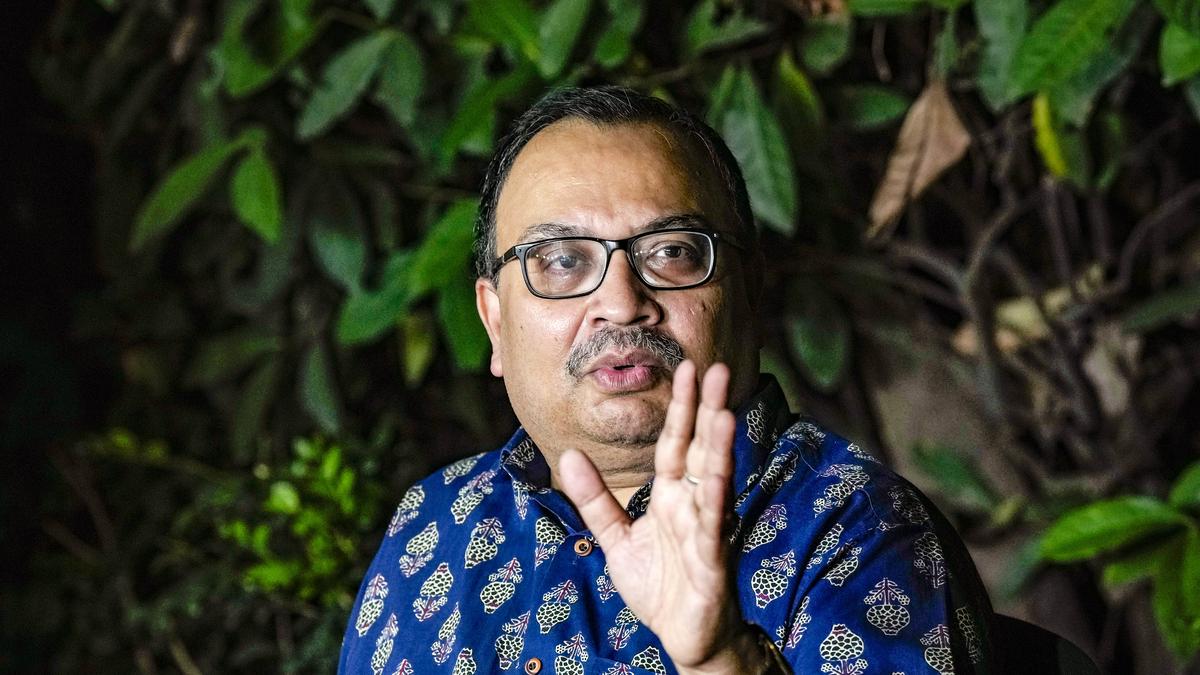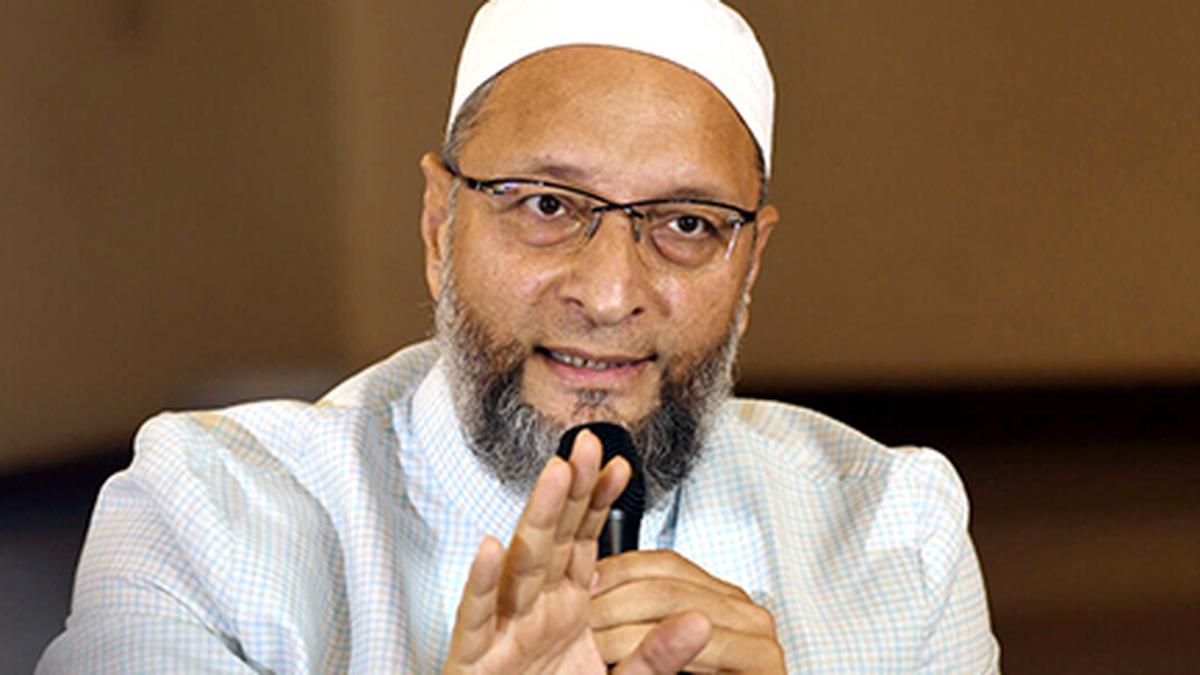Leader of the Opposition V.D. Satheesan appears to be the latest victim of an election-era disinformation inundating social media feeds.
An ostensibly fake and widely shared social media post claimed that Mr. Satheesan had termed the catastrophic floods in Dubai a human-made disaster.
The misinformation campaign seemed to dovetail with a globally transmitted conspiracy theory that the floods were the fallout of a cloud-seeding exercise gone awry. Fact-checkers and governments have debunked the baseless hypothesis.
In a complaint to the State Police Chief, Mr. Satheesan pointed an accusatory finger at the Communist Party of India (Marxist). He said that CPI(M) social media handles had vigorously promoted the lie.
False claims about electoral voting machine fraud, communally polarising posts, the use of deep fakes to denigrate candidates, and politically loaded videos and images generated by artificial intelligence to tilt the playing field have blurred the line between fact and fiction in one of the most consequential Lok Sabha elections in Kerala.
With its high mobile phone penetration, computer literacy overwhelming social media involvement and a young demographic hooked to Instagram reels, opposing political alliances have electronically condensed their campaigns to fit the size of mobile phone screens.
However, the fallout of online misinformation and slander often spilt into the physical world, resulting in complaints to election authorities and political sparring.
On Thursday, KPCC acting president M.M. Hassan moved the Election Commission of India (ECI) against the CPI(M)‘s official newspaper, Deshabhimani.
Mr. Hassan alleged that the newspaper published a headline caricaturing Congress as a vile party fixated on using explicit content to denigrate rivals.
An online slander campaign against former Health Minister and CPI(M) candidate in Vadakara K.K. Shailaja reportedly prompted the “editorial pushback.”
Opposing social media campaigns have targeted candidates by accentuating their misstatements, awkward moments and past gaffes to perforate the seriousness of their respective political messaging. Often, the line between lampoon and libel seemed indecipherably thin.
The State police said they have taken cognisance of 42 instances of misuse of social media to spread election misinformation, target women, spread lies about EVMs and create communal and social polarisation. However, the detections so far were merely the iceberg’s tip.
Nevertheless, opposing fronts seemed confident that politically motivated falsehoods on social media would have some transient sensational value but little impact on the choice of Kerala voters whose political views were arguably hard to budge.

 1 week ago
121
1 week ago
121



